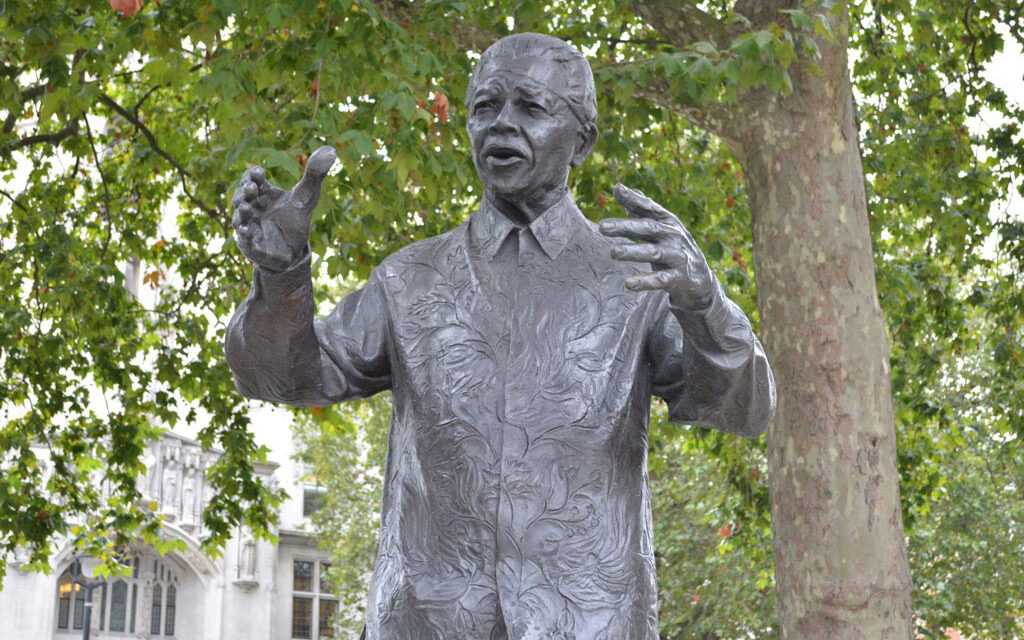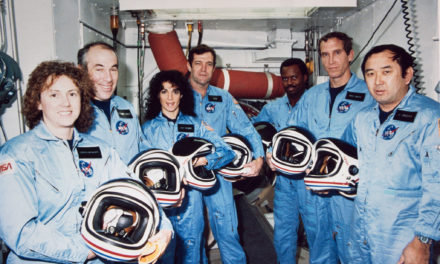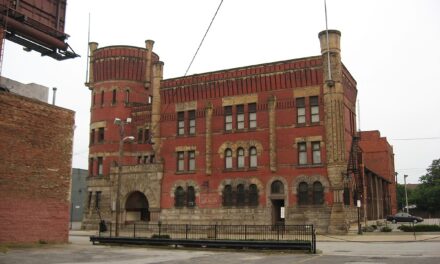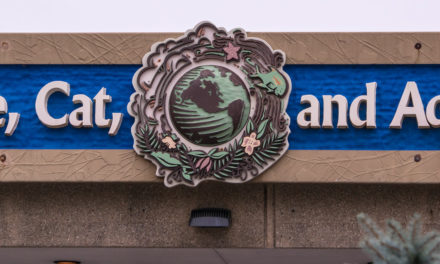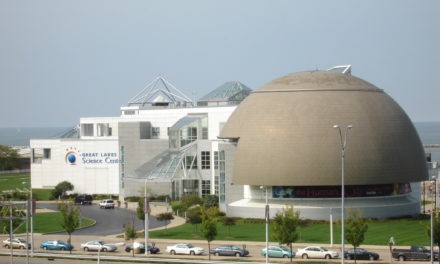CLEVELAND HISTORY
Founding of the Cleveland Clinic (February 10, 1921): The Cleveland Clinic was founded on this day, establishing what would become one of the top private medical centers in the United States. Known for its outstanding patient care and advanced research, the clinic has played a pivotal role in medical innovations and healthcare.
Opening of the Greater Cleveland Aquarium (February 11, 2012): The Greater Cleveland Aquarium opened its doors to the public, offering a significant attraction that showcases aquatic life from around the world. Located in the historic FirstEnergy Powerhouse on the west bank of the Flats, it contributes to the cultural and educational landscape of Cleveland.
Cleveland’s First Radio Broadcast (February 12, 1922): WHK, one of Cleveland’s earliest radio stations, began broadcasting. This milestone marked Cleveland’s entry into the emerging field of broadcast media, which would greatly influence the region’s information dissemination and entertainment options.
Winter Weather Record (February 14, 1996): Cleveland experienced one of its most severe winter storms on this date, recording one of the highest snowfalls in a single day. The storm significantly impacted travel, commerce, and daily life, testing the city’s resilience and response capabilities.
Establishment of Cleveland’s Playhouse Square (February 16, 1921): Playhouse Square in downtown Cleveland was established, eventually growing to become the second-largest performing arts center in the United States. The district’s development over the years has had a profound impact on the cultural and economic vitality of downtown Cleveland.
WORLD HISTORY
Treaty of Paris (February 10, 1763): This treaty concluded the Seven Years’ War, known in the United States as the French and Indian War. The treaty marked a decisive turning point in European and American history by ceding extensive territories in North America from France to Britain, including all of French Canada, and parts of Louisiana to Spain. The reconfiguration of these territories significantly influenced subsequent colonial and national boundaries in North America.
Nelson Mandela’s Release from Prison (February 11, 1990): After 27 years in prison, Nelson Mandela, a leading figure in the struggle against apartheid in South Africa, was released unconditionally from Victor Verster Prison. His release was a crucial moment in South African history and symbolized the beginning of the end for apartheid. It followed negotiations between his African National Congress and the South African government. Mandela’s freedom set the stage for the 1994 multi-racial elections, leading to his election as President of South Africa.
Birth of Charles Darwin (February 12, 1809): Born in Shrewsbury, England, Charles Darwin would grow up to propose the theory of evolution by natural selection, fundamentally altering the scientific approach to biology. His ideas were published in “On the Origin of Species” in 1859, which argued that species evolve over generations through a process of natural selection. Darwin’s theory became a cornerstone of modern biological science, providing a natural explanation for the diversity of life.
Saint Valentine’s Day Massacre (February 14, 1929): This infamous event occurred during Prohibition in the United States, when seven members of Chicago’s North Side Gang were murdered in a garage on North Clark Street. The massacre was allegedly ordered by Al Capone, the notorious gangster seeking to consolidate control over the Chicago underworld. The brutality and spectacle of the killings shocked the nation and became emblematic of the violent gangster era of the 1920s.
Fidel Castro becomes Prime Minister of Cuba (February 16, 1959): After leading a successful guerilla campaign that overthrew the Batista regime, Fidel Castro assumed the role of Prime Minister of Cuba. His government eventually adopted Communist policies, leading to significant economic and social changes in Cuba. Castro’s leadership had a profound and lasting impact on Cuban-U.S. relations, most notably epitomized by the Cuban Missile Crisis of 1962, and his policies shaped Cuban life for decades.

